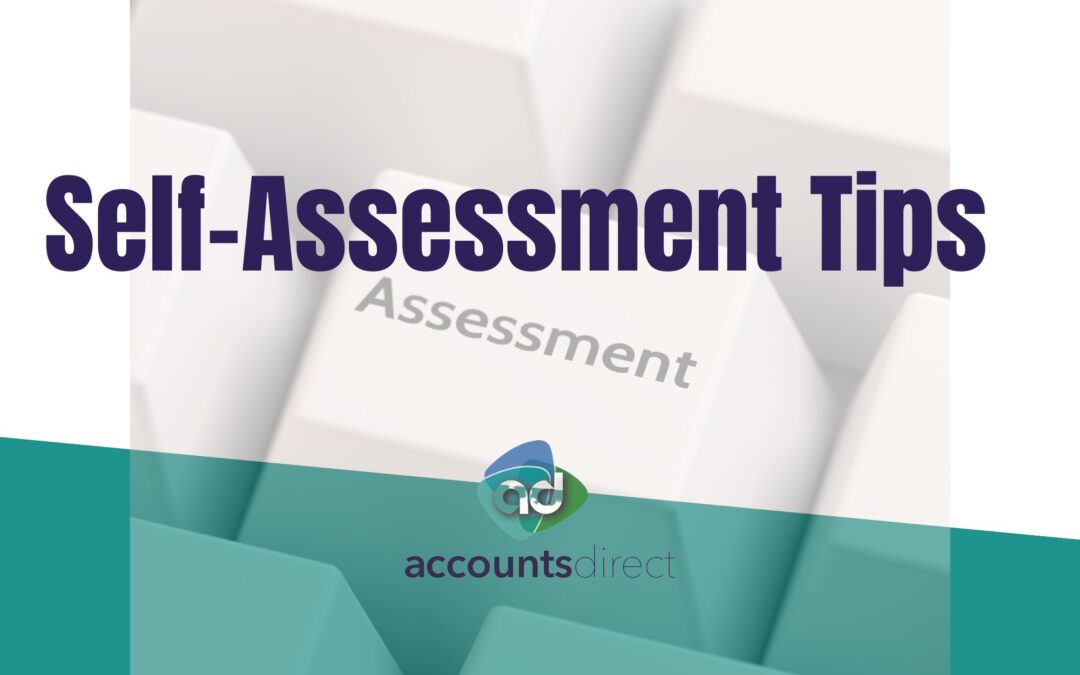Navigating the complexities of taxation can be daunting for small business owners, especially when it comes to the annual self-assessment tax return. While it’s essential to remain compliant and submit accurate returns, there are several strategies and tips that can make the process smoother. Here are 25 self-assessment tips tailored for small businesses:
Understand the Basics: Familiarize yourself with what a self-assessment is, its deadlines, and its implications for your business.
Register Early: If it’s your first time, ensure you register for self-assessment well before the deadline. This process can take a few weeks.
Keep Records: Maintain clear and organized records of all invoices, receipts, and business-related expenses throughout the year.
Use Digital Tools: Consider using accounting software or apps that can streamline the recording and calculation process.
Know Your Allowances: Understand personal allowances and ensure you’re not paying tax on income that falls within this threshold.
Claim All Expenses: From office supplies to business travel, ensure you’re claiming all allowable expenses.
Stay Updated on Tax Reliefs: Some tax reliefs can reduce your bill. Stay updated on what you can claim, such as the Annual Investment Allowance.
Understand VAT: If you’re VAT registered, know when and how to include this in your self-assessment.
Save for Your Tax Bill: Set aside a portion of your income regularly, so you’re not caught off-guard when the tax bill arrives.
Be Aware of Deadlines: Missing the self-assessment deadline can result in penalties. Mark your calendar and set reminders.
Dedicate Time: Don’t rush the process. Allocate specific times to work on your self-assessment to ensure accuracy.
Seek Professional Advice: If unsure, consult with an accountant or tax advisor who can guide you through the process.
Double-Check: Before submitting, review your return for any mistakes or missed opportunities to claim expenses.
Capital Gains: If you’ve sold business assets, remember to declare any profit as capital gains.
Use the Right Forms: Depending on your business type (sole trader, partnership), ensure you’re filling out the correct self-assessment form.
Record Personal Income: If you have other sources of income apart from your business, ensure they’re declared.
Understand NICs: National Insurance Contributions vary based on earnings. Ensure you’re paying the correct amount.
Use HMRC’s Resources: HMRC offers a wealth of resources, guides, and online webinars to help businesses with self-assessment.
Stay Updated: Tax rules change. Regularly check for updates in tax regulations and how they might impact your return.
Consider Payments on Account: Depending on your tax bill, you might need to make payments on account for the next year. Understand if this applies to you.
Register for Online Submission: Paper returns have an earlier deadline. Registering for online submission gives you more time.
Claim Charitable Donations: If you’ve made donations through Gift Aid, remember to declare them to reclaim tax.
Record Changes: If there have been significant changes in your business structure or assets, ensure these are accurately reflected.
Be Honest: Always provide accurate figures. Deliberately providing false information can lead to severe penalties.
If in Doubt, Ask: If you’re unsure about any aspect of your self-assessment, it’s better to seek advice than guess. HMRC helplines, while sometimes busy, can be a valuable resource.
Conclusion
While self-assessment can seem like a monumental task, staying organized, understanding your obligations, and seeking advice when needed can simplify the process. For small business owners, mastering the self-assessment not only ensures compliance but also helps in optimizing finances and understanding the health of the business better. Embrace the journey with these 25 tips, and you’ll find the path to successful self-assessment becomes much clearer.

